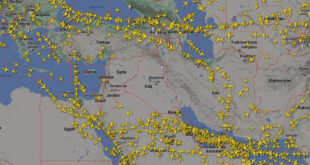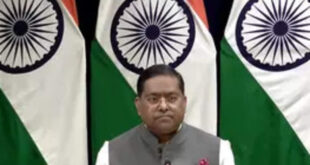[ad_1]

The concerns of paying music royalties to various licensing bodies for the use of a music work or performance in various wedding functions, has become a subject of considerable debate. The Department of Promotion of Industry and Internal Trade (DPIIT) recently issued a public notice in response to numerous complaints and representations received from the general public and stakeholders regarding the alleged collection of royalties by Copyright Societies during marriage functions. According to the complaints, these collections are believed to be in violation of Section 52 (1) (za) of the Copyright Act, 1957.Section of the Copyright Act explicitly exempts certain acts from copyright infringement, including the performance of musical works and the communication of sound recordings during bonafide religious ceremonies, official government ceremonies, and other social festivities associated with marriage.
The DPIIT reaffirmed that such performances and communication to the public during weddings do not constitute copyright infringement under the law.
Calling it a welcome move, the Event & Entertainment Management Association (EEMA) sees it as a significant step forward in addressing the ongoing debate surrounding music royalties at wedding functions.
EEMA claims that it has been at the forefront of advocating against the payment of royalties to music licensing companies for musical works used in religious ceremonies, including weddings. Representatives from EEMA emphasised that the music played during weddings is ‘an integral part of Indian culture and traditions’. They reiterated that, according to the Copyright Act, such usage is exempt from copyright infringement, and as such, no royalties should be demanded or paid for these performances.
“The Event and Entertainment Management Association (EEMA) has once again emerged as a leading advocate in fighting the war against the payment of royalties to music licensing companies for using any musical work which is an integral part of the Indian Weddings,” said Rajeev Jain, a senior association member.
Samit Garg, President of EEMA, views the DPIIT’s public notice as a milestone that will catalyse the growth and development of the wedding industry in India. “The Government’s commitment to support the industry and the contribution of various stakeholders, is a welcome step towards establishing India a leading destination for weddings, where celebrations and ceremonies are incomplete without ‘Music’!” Garg shared.
Additionally, EEMA has been actively working with various stakeholders, including the Ministry of Tourism, to develop the country’s first-ever Wedding Tourism Policy, in collaboration with Deloitte. This policy aims to position India as a premier wedding destination globally and support the growth of the wedding industry.
Ankur Kalra, Treasurer of EEMA and the driving force behind the association’s Music Licenses, said that this move is seen as a significant milestone in promoting a fair and conducive business environment for the event industry.
As the event industry undergoes transformations, the issue of copyright royalties at wedding functions remains a contentious one. The DPIIT’s public notice and EEMA’s advocacy efforts are likely to shape the future landscape of the event industry and its interactions with Copyright Societies, ensuring a balance between copyright protection and cultural traditions.
The notice also served as a stern warning to Copyright Societies, urging them to refrain from engaging in activities that contradict the provisions of Section 52. Any violation may lead to legal action against the offending parties, the notice mentioned.
[ad_2]
Source link





